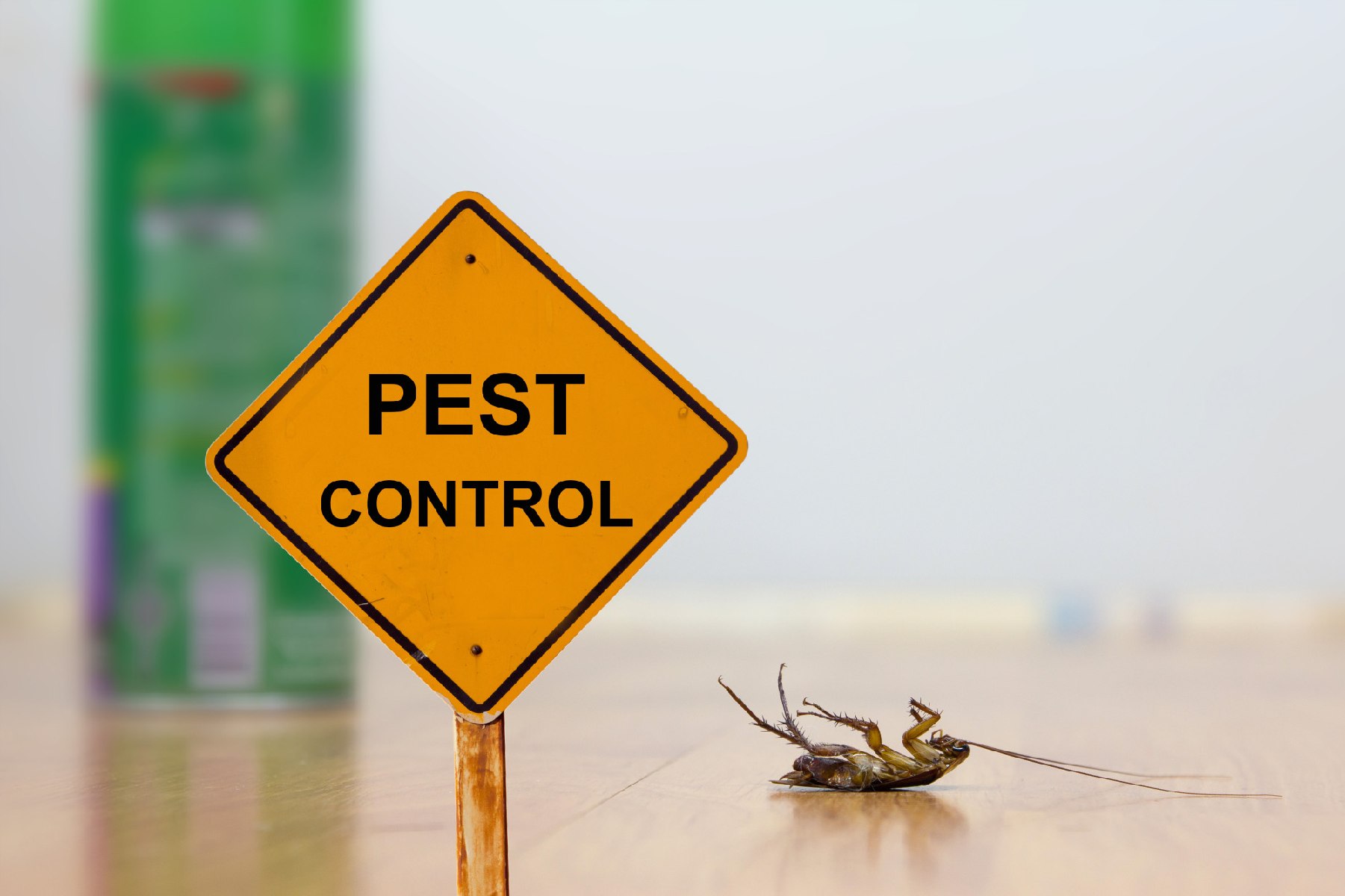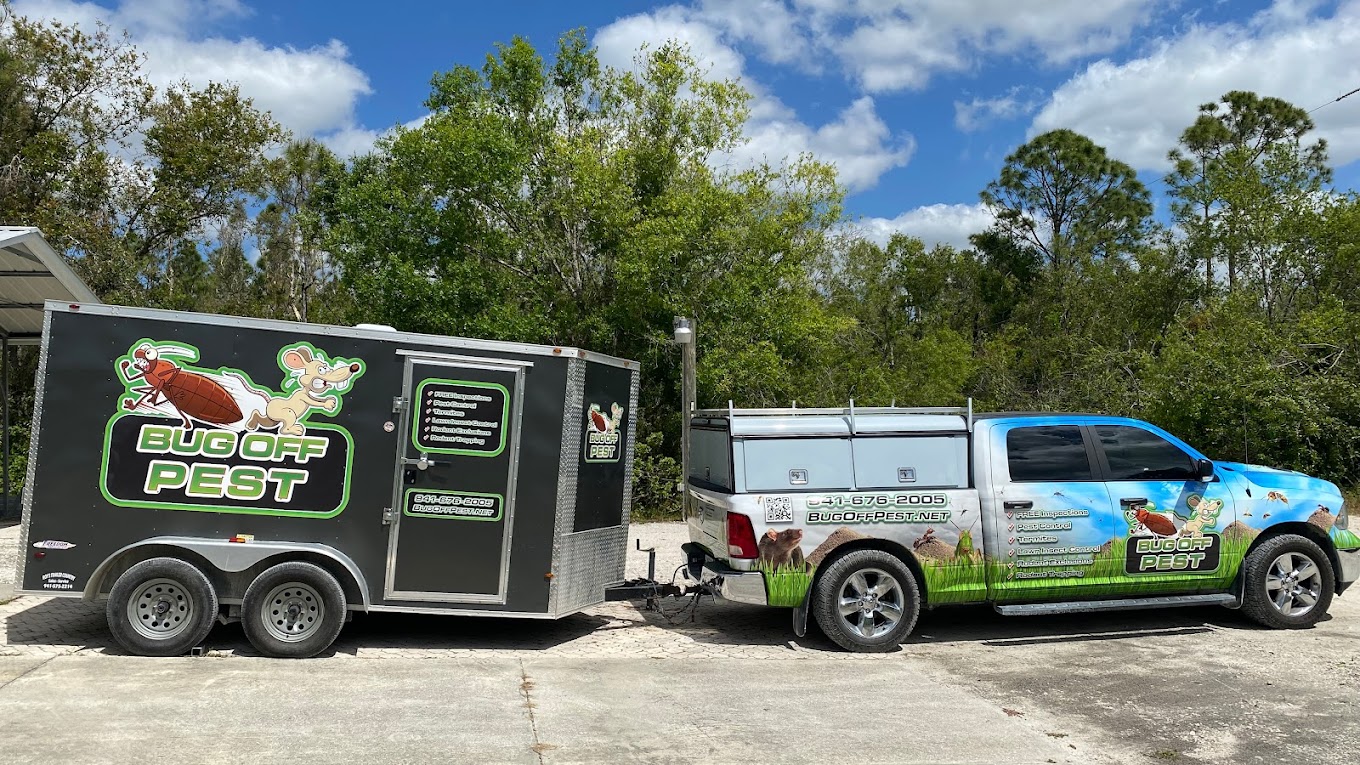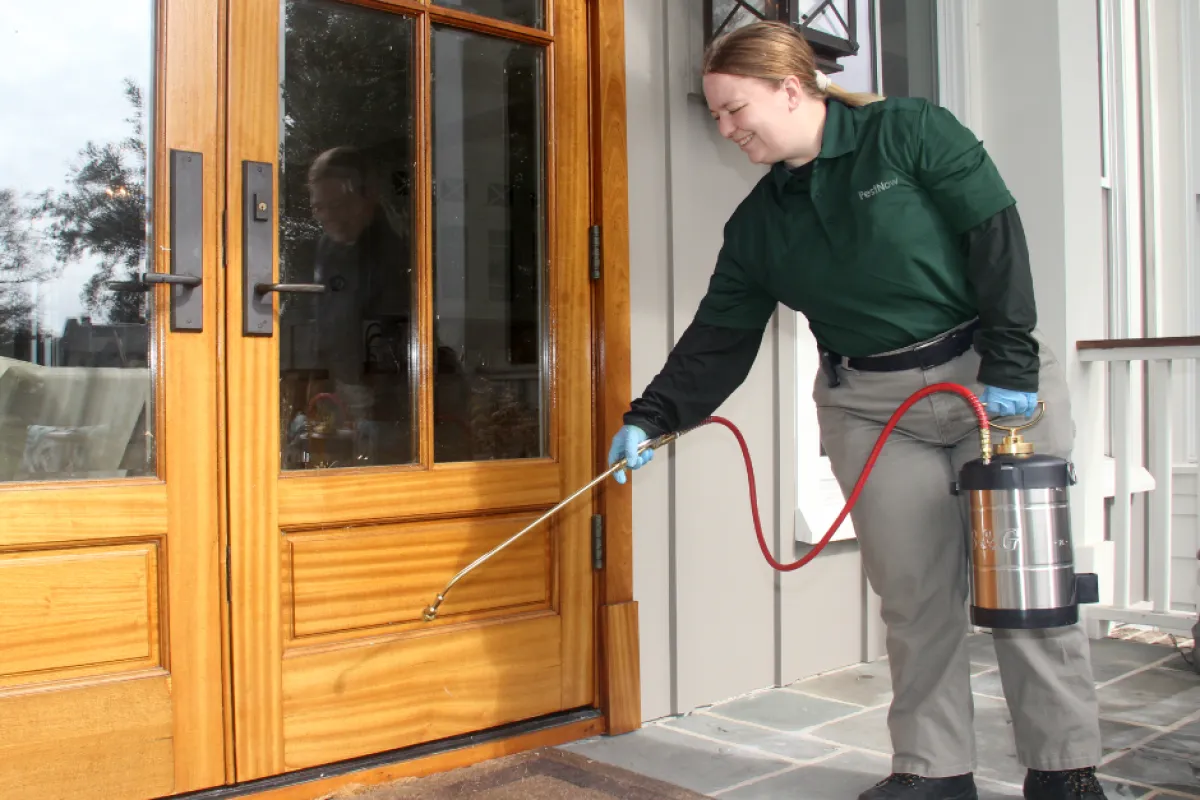Get rid of pests with expert Pest Control in Port Charlotte treatments.
Get rid of pests with expert Pest Control in Port Charlotte treatments.
Blog Article
Checking Out Cutting-edge Methods and Products for Effective Insect Control
The landscape of insect control is advancing, noted by the appearance of innovative techniques and items made to enhance performance and sustainability. From clever catches geared up with innovative monitoring systems to organic approaches that employ natural predators, these advancements present a standard change in just how we approach pest monitoring.
Smart Traps and Monitoring Systems
Just how can modern-day innovation improve insect management? One substantial advancement is the development of smart catches and checking systems, which offer real-time data and analytics for effective pest control. These systems utilize sensing units and wireless innovation to discover insect activity, signaling residential or commercial property supervisors and parasite control professionals to invasions before they intensify.
Smart traps are furnished with features such as bait terminals that attract bugs and catch them efficiently. These traps can be monitored from another location, allowing for prompt treatments and minimizing the requirement for extensive chemical applications. Additionally, the combination of artificial intelligence algorithms allows these systems to set apart in between target parasites and non-target varieties, improving the precision of insect control actions.
Additionally, the information accumulated from clever traps can be analyzed to recognize patterns in pest behavior and ecological factors contributing to problems (Pest Control in Port Charlotte). This info is important for establishing targeted parasite monitoring techniques customized to details atmospheres. By embracing clever catches and monitoring systems, pest control professionals can enhance their operational efficiency and decrease the ecological impact of pest management, inevitably causing much safer and extra sustainable practices in the sector
Biological Parasite Control Approaches
Using natural killers and parasites, biological insect control approaches provide an environmentally pleasant option to chemical treatments. This strategy entails the intro or enhancement of details organisms that can normally control bug populaces, thereby reducing dependence on artificial pesticides. Typical examples consist of making use of ladybugs to control aphid invasions and parasitic wasps to target caterpillars.

Organic control can be classified right into three primary strategies: timeless, augmentative, and preservation. Classical organic control includes importing natural enemies from the insect's indigenous environment, while augmentative control involves raising the population of existing all-natural adversaries via releases. Conservation approaches concentrate on developing conditions that support these valuable microorganisms in the ecosystem.
The efficiency of biological bug control rests on understanding the intricate interactions within communities. It usually calls for an extensive evaluation of pest dynamics and the life process of both the insects and their all-natural opponents. While organic methods might not provide immediate outcomes like chemical options, they contribute to long-lasting insect management and environment health. As recognition of environmental problems grows, biological pest control methods are significantly acknowledged for their sustainable duty in integrated bug management programs.
Eco-Friendly Chemical Alternatives
Green chemical choices offer a viable solution for pest monitoring that lessens ecological effect while successfully regulating insect populations. These options are originated from all-natural sources and are thoroughly created to target details bugs without damaging useful organisms, making them an important element of sustainable parasite control approaches.
Among the most efficient green options are plant-based pesticides, such as neem oil and pyrethrin, which are acquired from the seeds and flowers of different plants. These compounds interrupt the life process of insects, decreasing their populations without the toxic results related to conventional pesticides - Pest Control in Port Charlotte. Furthermore, important oils like peppermint and clove oil exhibit repellent properties, additionally enhancing their utility in bug management

In addition, green chemical alternatives frequently break my latest blog post down faster in the environment, lowering the threat of soil and water contamination. This particular aligns with the raising consumer need for sustainable methods in farming and urban insect control. As research remains to development, the growth of ingenious environment-friendly formulations will certainly even more boost effectiveness and expand application locations, allowing pest monitoring specialists to embrace greener, much more accountable approaches in their techniques while protecting human health and the setting.
Pheromone Interruption Methods
One more ingenious strategy in sustainable insect monitoring is using pheromone interruption methods. These methods make use of the natural chemical signals, or pheromones, that bugs utilize for communication, particularly in breeding behaviors. By disrupting these signals, bug populations can be efficiently managed without considering damaging chemicals.
Scent traps are commonly employed in this approach. Over time, this can lead to a considerable decrease in pest populations.

Integrated Pest Monitoring Strategies
Efficient insect control commonly requires this contact form a detailed strategy, see page and Integrated Parasite Administration (IPM) strategies give a structure for attaining this objective. IPM incorporates different management techniques to decrease parasite populaces while lowering reliance on chemical pesticides. This complex strategy starts with thorough surveillance and identification of bugs, enabling targeted interventions based on specific pest pressures.
Cultural techniques, such as plant turning and sanitation, play a crucial function in protecting against parasite facility. Biological controls, consisting of all-natural predators and parasitoids, are employed to maintain pest populaces at manageable levels. When essential, selective chemical therapies are used, emphasizing lower toxicity to non-target varieties and the atmosphere.
Furthermore, education and outreach are indispensable elements of IPM, promoting understanding among stakeholders regarding sustainable practices and pest life cycles. The flexibility of IPM allows specialists to react efficiently to changing bug characteristics and environmental conditions. By utilizing this all natural method, IPM not only improves bug control performance however additionally adds to long-term eco-friendly balance. Ultimately, Integrated Parasite Management stands for a forward-thinking option that lines up agricultural efficiency with ecological stewardship, making it vital in contemporary insect control strategies.

Final Thought
In conclusion, the assimilation of cutting-edge techniques and items for efficient bug control represents a significant advancement in lasting bug management. Smart catches and checking systems, organic bug control techniques, green chemical options, and scent disruption techniques jointly improve the efficiency of insect management methods.
Report this page